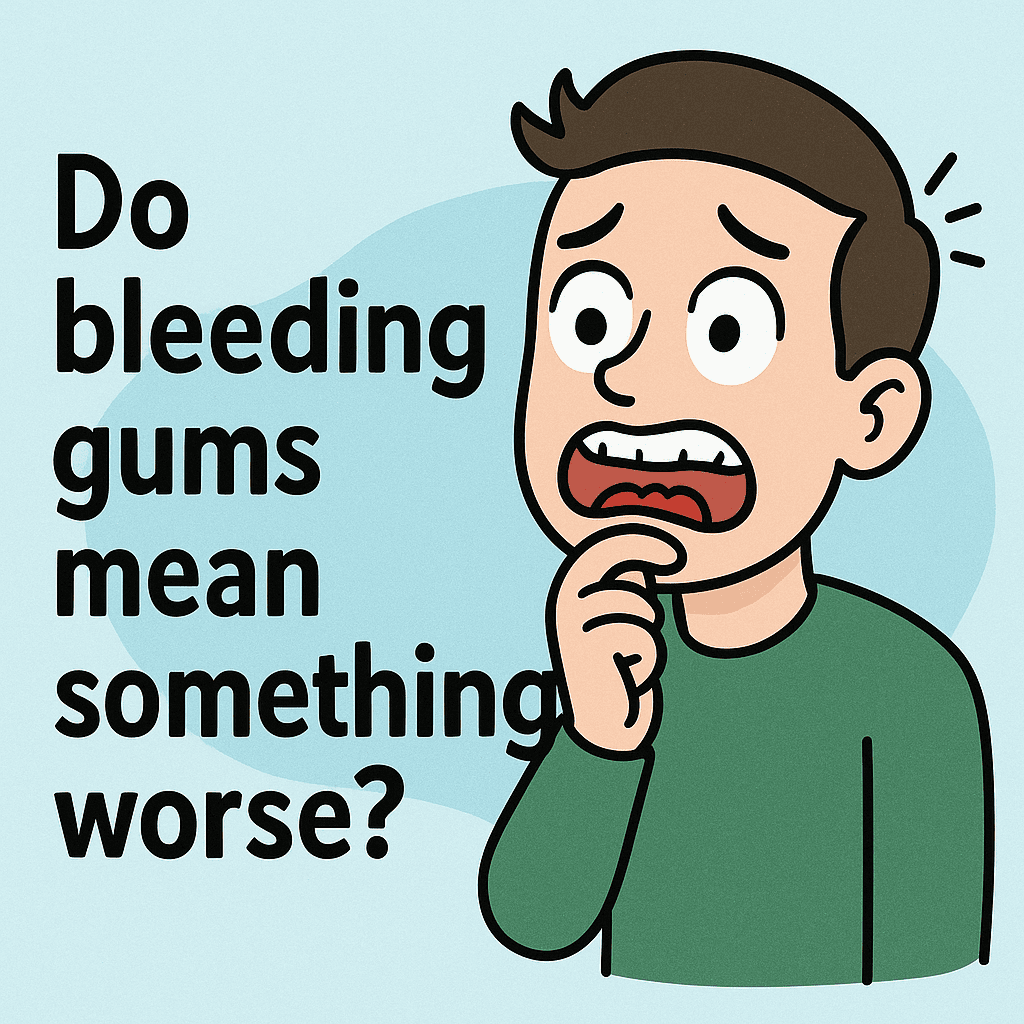We are a professional review company that receives compensation from companies whose products we review. We test each product thoroughly and give high marks only to the ones that are the very best. We are independently owned, and the opinions expressed here are our own.
A variety of physical factors can cause erectile dysfunction. These factors can include the following:
- Cardiovascular Disease: Atherosclerosis or hardening of the arteries can cause blood flow problems and lead to erectile dysfunction.
- Diabetes: High blood sugar levels can damage nerves and blood vessels necessary for achieving and maintaining an erection.
- Neurological Conditions: Conditions like multiple sclerosis, Parkinson’s disease, and spinal cord injuries can affect nerve signals between the brain and penis, causing erectile dysfunction.
- Hormonal Imbalances: Low levels of testosterone can cause erectile dysfunction.
- Peyronie’s Disease: A condition where scar tissue develops in the penis can lead to curvature of the penis and difficulty achieving an erection.
If you want to know more about these causes and some available treatments to understand your options, you might want to continue reading this article.
It is essential, however, to understand that psychological causes also may cause erectile dysfunction.
Physiological Causes of Erectile Dysfunction: Understanding the Science Behind ED
Erectile dysfunction (ED) is a common condition that affects many men at some point.
It is the inability to achieve or maintain an erection sufficient for sexual intercourse.
While psychological factors like stress and anxiety can contribute to ED, physiological factors can also play a significant role. In this article, we will explore the physiological causes of ED and how they can be treated.

What is Erectile Dysfunction?
Erectile dysfunction is when a man has difficulty achieving or maintaining an erection. This can be a temporary or ongoing problem at any age.
Both psychological and physiological factors can cause ED.
When a man is sexually aroused, his brain sends signals to the nerves in the penis to increase blood flow. This increased blood flow causes the penis to become erect. In ED, something interferes with this process, making it difficult to achieve or maintain an erection.
Here are seven other common questions about erectile dysfunction answered.

Physiological Causes of Erectile Dysfunction
There are several physiological causes of ED. These include:
Cardiovascular Disease
A cardiovascular disease is a group of conditions affecting the heart and blood vessels.
These conditions can reduce blood flow to the penis, making it difficult to achieve or maintain an erection. Some examples of cardiovascular disease include:
- Atherosclerosis is when plaque builds up inside the arteries, reducing blood flow. Atherosclerosis can occur anywhere in the body, including those that supply blood to the penis.
- Hypertension: High blood pressure can damage the blood vessels in the penis, making it difficult to achieve or maintain an erection.
- Coronary artery disease is when plaque builds up inside the arteries that supply blood to the heart. This can reduce blood flow to the penis, making it difficult to achieve or maintain an erection.
Diabetes
Diabetes is a condition where the body cannot produce or use insulin effectively. This can lead to high blood sugar levels, damaging blood vessels and nerves. Diabetes can also lead to cardiovascular disease, which can contribute to ED.
Hormonal Imbalances
Hormonal imbalances can also contribute to ED. Some examples of hormonal imbalances that can cause ED to include:
- Low testosterone: Testosterone is a hormone that plays a role in sexual function. Low testosterone levels can reduce libido and make it difficult to achieve or maintain an erection.
- High prolactin levels: Prolactin is a hormone that is involved in lactation. High levels of prolactin can interfere with testosterone production, leading to ED.
Neurological Disorders
Neurological disorders can also contribute to ED. Some examples of neurological disorders that can cause ED to include:
- Multiple sclerosis: Multiple sclerosis is a condition that affects the nervous system. It can interfere with the signals the brain sends to the penis, making it difficult to achieve or maintain an erection.
- Parkinson’s disease: Parkinson’s disease is a condition that affects the nervous system. It can interfere with the signals the brain sends to the penis, making it difficult to achieve or maintain an erection.
- Spinal cord injuries: Spinal cord injuries can interfere with the signals that the brain sends to the penis, making it difficult to achieve or maintain an erection.
Medications
Some medications can also contribute to ED. These include:
- Blood pressure medications: Some can reduce blood flow to the penis, making it difficult to achieve or maintain an erection.
- Antidepressants: Some antidepressants can interfere with the signals the brain sends to the penis, making it difficult to achieve or maintain an erection.
- Hormone therapy: Hormone therapy can interfere with testosterone production, leading to ED.

Treatment for Physiological Causes of Erectile Dysfunction
The treatment for ED depends on the underlying cause. For physiological reasons, treatment may involve:
Lifestyle Changes
Lifestyle changes can help to improve the symptoms of ED. These changes may include the following:
- Quitting smoking
- Losing weight
- Eating a healthy diet
- Exercising regularly
- Reducing alcohol consumption
Read this article If you want to know more about how to reduce the risk of ED yourself.
Medications
Several medications can be used to treat ED. Some of these medications increase blood flow to the penis, while others improve the signals that the brain sends to the penis. Some examples of drugs that can be used to treat ED include:
- Sildenafil (Viagra)
- Tadalafil (Cialis)
- Vardenafil (Levitra)
- Natural remedies (Cherry and Saw Palmetto)
If you want to know more about the available treatments, you can read about them in this article. However, it would be best to talk to a medical health professional before changing anything.
Vacuum Devices
Vacuum devices are placed over the penis to create a vacuum. This vacuum causes blood to flow into the penis, which can help to achieve an erection.
Surgery
In some cases, surgery may be needed to treat ED. Surgery may involve implanting a penile prosthesis or repairing damaged blood vessels.

Conclusion
ED is a common condition that can significantly impact a man’s quality of life.
While psychological factors can contribute to ED, physiological factors can also play a significant role. Understanding the physiological causes of ED is essential to develop an effective treatment plan.
Here is an article that discusses the psychological factors of ED.
By making lifestyle changes, using medications, using vacuum devices, or undergoing surgery, it is possible to treat the physiological causes of ED and improve sexual function.
If you are experiencing symptoms of ED, you must talk to your healthcare provider to determine the underlying cause and develop an appropriate treatment plan.

Sources:
- Erectile Dysfunction: Causes, Diagnosis, and Treatment. (n.d.). Retrieved from https://www.healthline.com/health/erectile-dysfunction
- Erectile Dysfunction (ED). (n.d.). Retrieved from https://www.uofmhealth.org/conditions-treatments/mens-health/erectile-dysfunction-ed



What do you think about the article you've just read? Please tell me below.